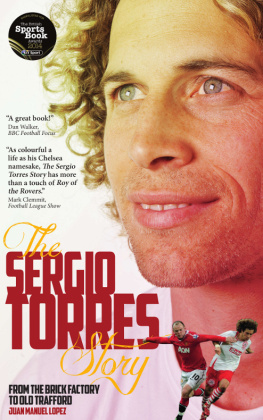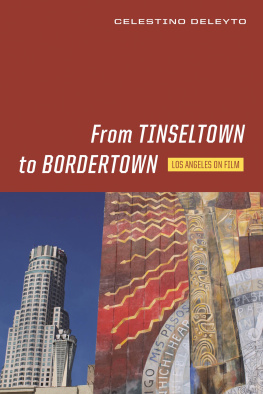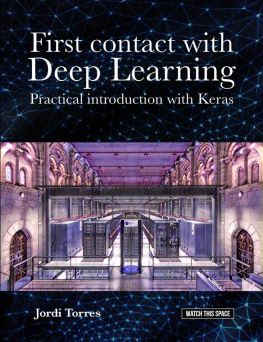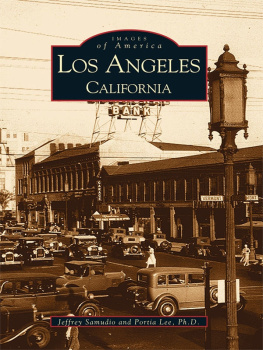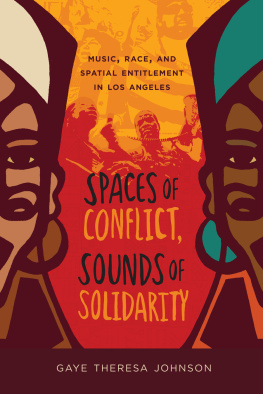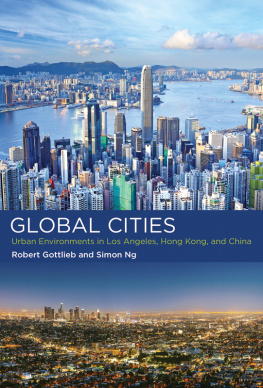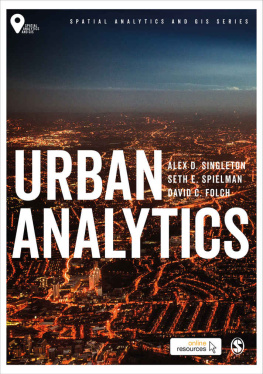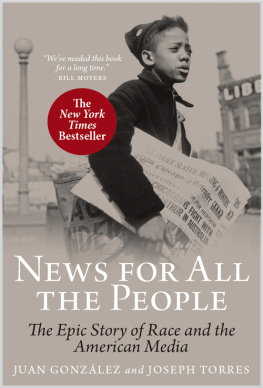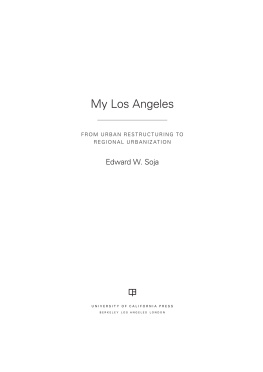BEFORE L.A.
THE LAMAR SERIES IN WESTERN HISTORY
The Lamar Series in Western History includes scholarly books of general public interest that enhance the understanding of human affairs in the American West and contribute to a wider understanding of the Wests significance in the political, social, and cultural life of America. Comprising works of the highest quality, the series aims to increase the range and vitality of Western American history, focusing on frontier places and people, Indian and ethnic communities, the urban West and the environment, and the art and illustrated history of the American West.
Editorial Board
Howard R. Lamar, Sterling Professor of History Emeritus, Past President of Yale University
William J. Cronon, University of WisconsinMadison
Philip J. Deloria, University of Michigan
John Mack Faragher, Yale University
Jay Gitlin, Yale University
George A. Miles, Beinecke Library, Yale University
Martha A. Sandweiss, Princeton University
Virginia J. Scharff, University of New Mexico
Robert M. Utley, Former Chief Historian, National Park Service
Recent Titles
Subverting Exclusion: Transpacific Encounters with Race, Caste, and Borders, 18851928, by Andrea Geiger
Hell on the Range: A Story of Honor, Conscience, and the American West, by Daniel Justin Herman
William Clarks World: Describing America in an Age of Unknowns, by Peter J. Kastor
The Jeffersons at Shadwell, by Susan Kern
Geronimo, by Robert M. Utley
Forthcoming Titles
Welcome to Wonderland: Promoting Tourism in the Rocky Mountain West, by Peter Blodgett
The Shapes of Power: Frontiers, Borderlands, Middle Grounds, and Empires of North America, by Pekka Hmlinen
The Shawnee Nation, by Sami Lakomaki
American Genocide: The California Indian Catastrophe, 18461873, by Benjamin Madley
Natures Noblemen: Transatlantic Masculinities and the Nineteenth-Century American West, by Monica Rico
The Rush to Gold: France and the California Gold Rush, by Malcolm J. Rohrbough
The Cherokee Diaspora, by Gregory Smithers
BEFORE L.A.
Race, Space, and Municipal Power in Los Angeles, 17811894
David Samuel Torres-Rouff

Published with assistance from the foundation established in memory of Amasa Stone Mather of the Class of 1907, Yale College.
Copyright 2013 by Yale University. All rights reserved. This book may not be reproduced, in whole or in part, including illustrations, in any form (beyond that copying permitted by Sections 107 and 108 of the U.S. Copyright Law and except by reviewers for the public press), without written permission from the publishers.
Yale University Press books may be purchased in quantity for educational, business, or promotional use. For information, please e-mail sales.press@yale.edu (U.S. office) or sales@yaleup.co.uk (U.K. office).
Designed by Nancy Ovedovitz and set in Bulmer type by Integrated Publishing Solutions. Printed in the United States of America.
Library of Congress Cataloging-in-Publication Data
Torres-Rouff, David Samuel, 1973
Before L.A. : race, space, and municipal power in Los Angeles, 17811894 / David Samuel Torres-Rouff.
pages cm. (The Lamar series in western history)
Includes bibliographical references and index.
ISBN 978-0-300-14123-8 (alk. paper)
1. Los Angeles (Calif.)History19th century. 2. Los Angeles (Calif.)PopulationHistory19th century. 3. Los Angeles (Calif.)Race relationsHistory19th century. 4. Los Angeles (Calif.)Ethnic relationsHistory19th century. 5. Land settlementCaliforniaLos AngelesHistory19th century. I. Title.
F869.L857T67 2013
979.4994dc23 2013003567
A catalogue record for this book is available from the British Library. This paper meets the requirements of ansi/niso z39.481992 (Permanence of Paper).
10 9 8 7 6 5 4 3 2 1
This book is dedicated to the memory of my grandparents Lilly and Seymour Rouff, Frances and Max Sands, and my dear friend Tom Sizgorich
CONTENTS
ACKNOWLEDGMENTS
WHILE writing this book, I have had the privilege and pleasure to spend time at various research institutes, develop rich relationships with colleagues and friends, and learn a great deal about the city where I grew up. Many people and institutions invested in this project, and I hope the result merits their individual and collective generosity. I am overwhelmed by my own good fortune to have been surrounded by so many smiling faces and helping hands over the past years.
I could not have asked for more patience and support than I received from Christopher Rogers at Yale University Press. From the beginning, Chris encouraged me to tell my own story, and thats exactly the advice I needed. Christina Tucker and Laura Davulis were equally helpful in bringing the project into print. Eliza Childs edited the manuscript meticulously and offered helpful strategies for improving the clarity and consistency of the manuscript. I am also thankful that she saved me from many errors. I am grateful to John Faragher, Doug Monroy, and three anonymous reviewers who gave generously of their time in reading the manuscript at various stages. Professor Faragher, in particular, persuaded me to strive for a more invigorating, open-knit narrative, and the finished project has benefited incalculably from his advice.
Writing this book would have been unthinkable without the wealth of resources that the Los Angeles City Archives, Huntington Library, Bancroft Library, Los Angeles Public Library, and Seaver Center for Western Research have liberally shared. For weeks at a time, the Los Angeles City Clerks Office, Records Management Division, served as my home away from home. Theresandwiched between the city bomb squad and the delivery bay for all parking meter moniesHynda Rudd and Todd Gaydowski, records management officers, and Jay Jones and Michael Holland, archivists, curate a fabulous and still underexplored repository of the citys past. Moreover, they offered a joyful working environment, ongoing encouragement, friendly conversation, and an unfailing willingness to help make my vision possible. Jay and Mike served as expert guides through the city archives, and Mike answered critical emails when I could not make it to Los Angeles in person. Todd Gaydowski also went above and beyond the requirements of his office, collaborating with the Huntington Library to digitize a sprawling street map, various sections of which are reproduced here.
Scholars of Los Angeles, California, and the U.S. West would struggle to produce exciting work without the Huntington Librarys invaluable collections and expert staff. In particular, Jenni Watts encouraged me to explore the Huntingtons spectacular photograph collection and thus helped me see a new way to ground the central arguments in this books final chapter. John Sullivan masterfully digitized the fragile, color-coded, 1887 map of Los Angeles streets. Erin Chase arranged for the digitization and publication of all Huntington images. Sara Geordi, Jaeda Snow, and others provided helpful assistance during my work in the Huntingons pristine reading room.
At the Bancroft Library, Susan Snyder, David Kessler, and Dean Smith helped me track down some elusive but critical documents, turned around image requests with blazing speed, and have provided engaged support over many years of research. The staffs at the Seaver Center for Western History Research and the Los Angeles Public Library have been equally helpful, especially Emma Roberts at LAPL.
Next page

